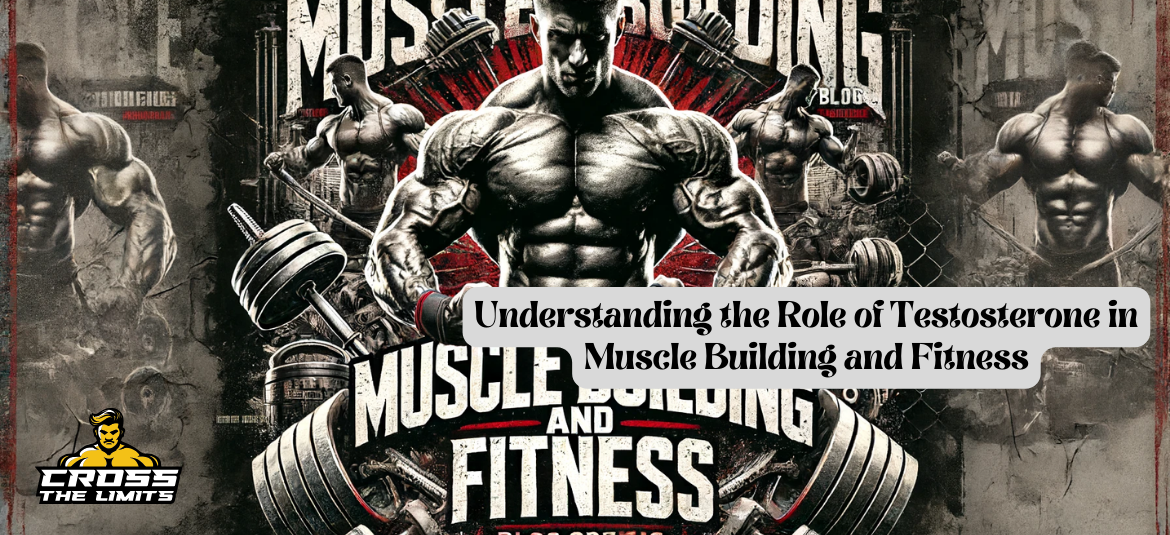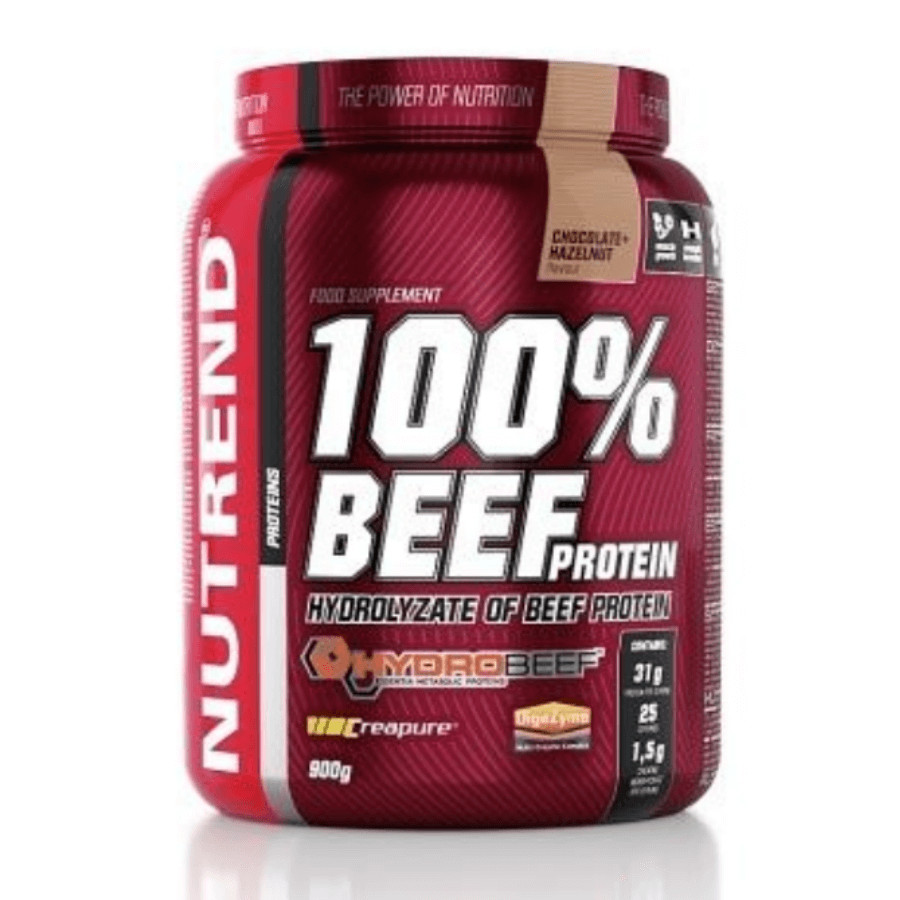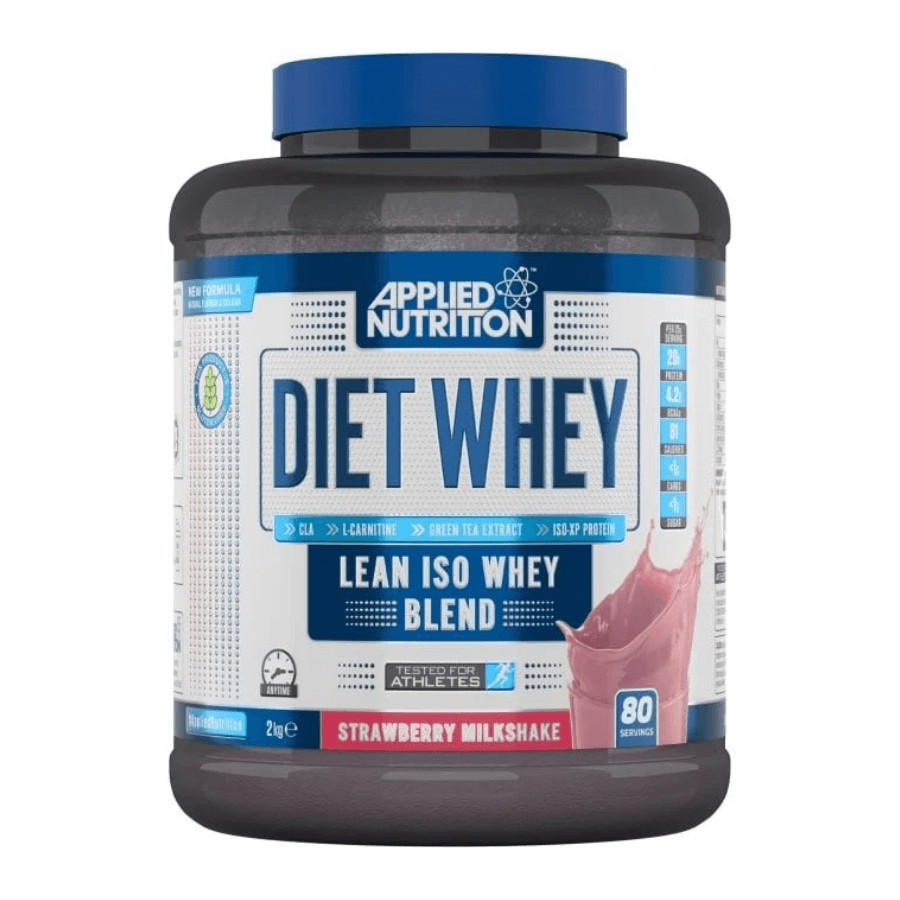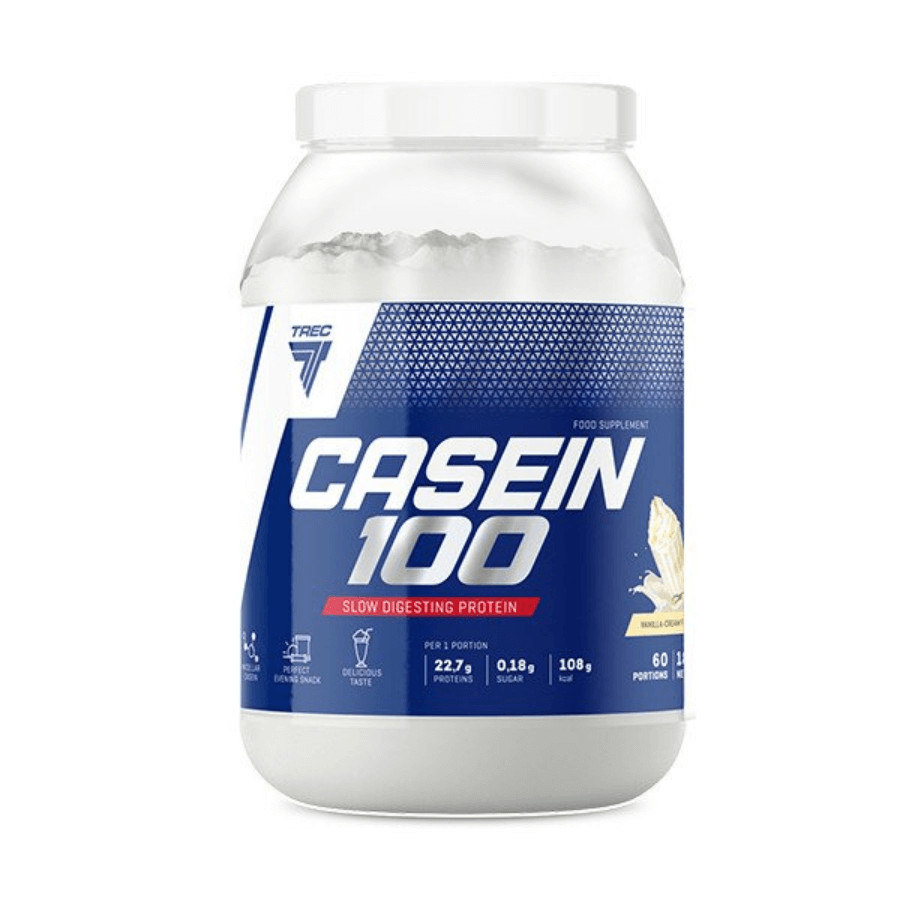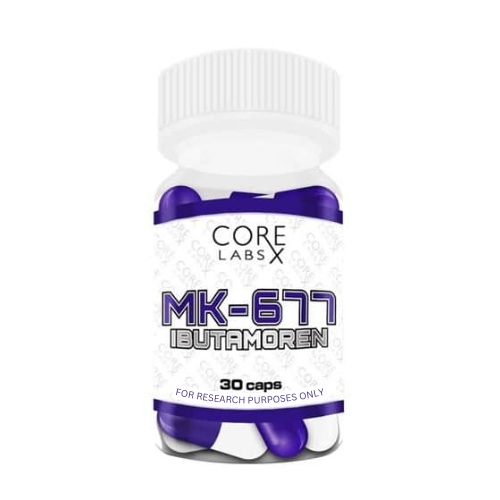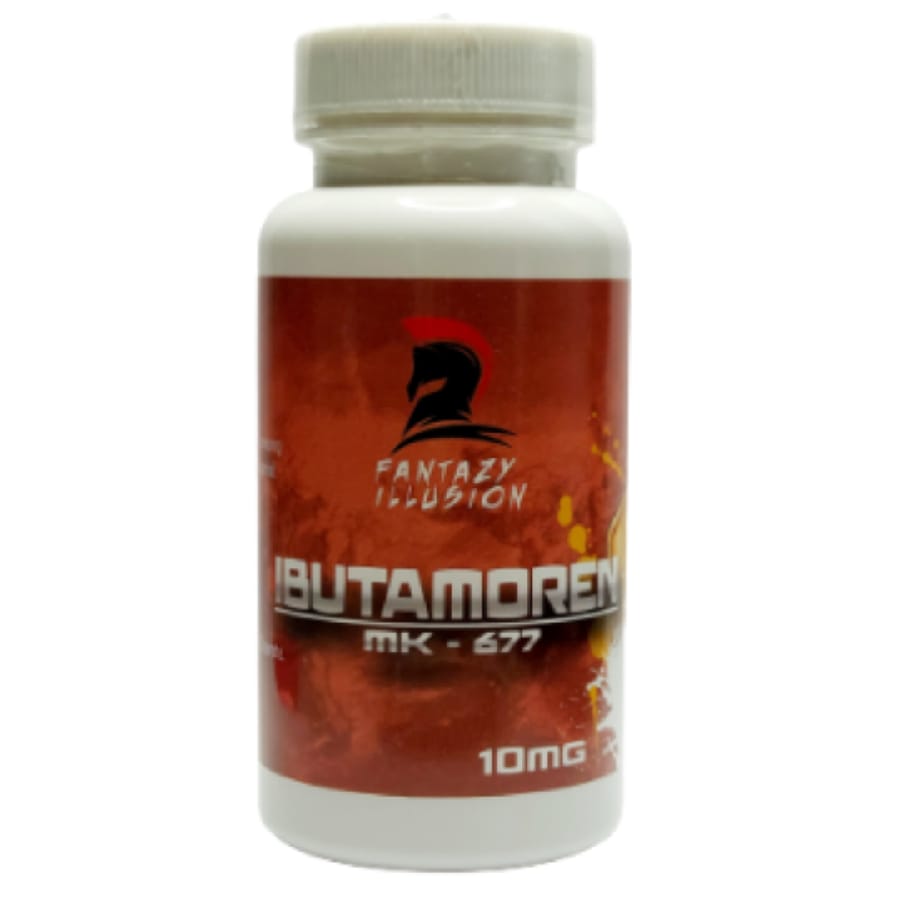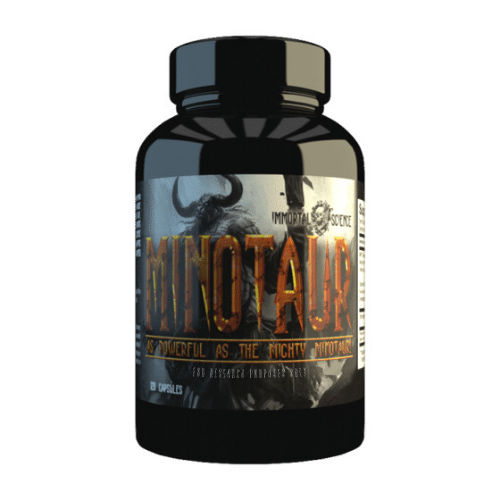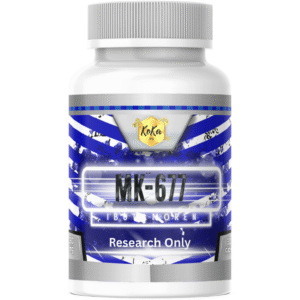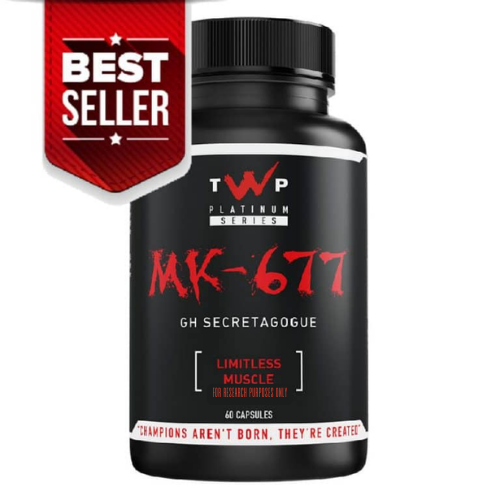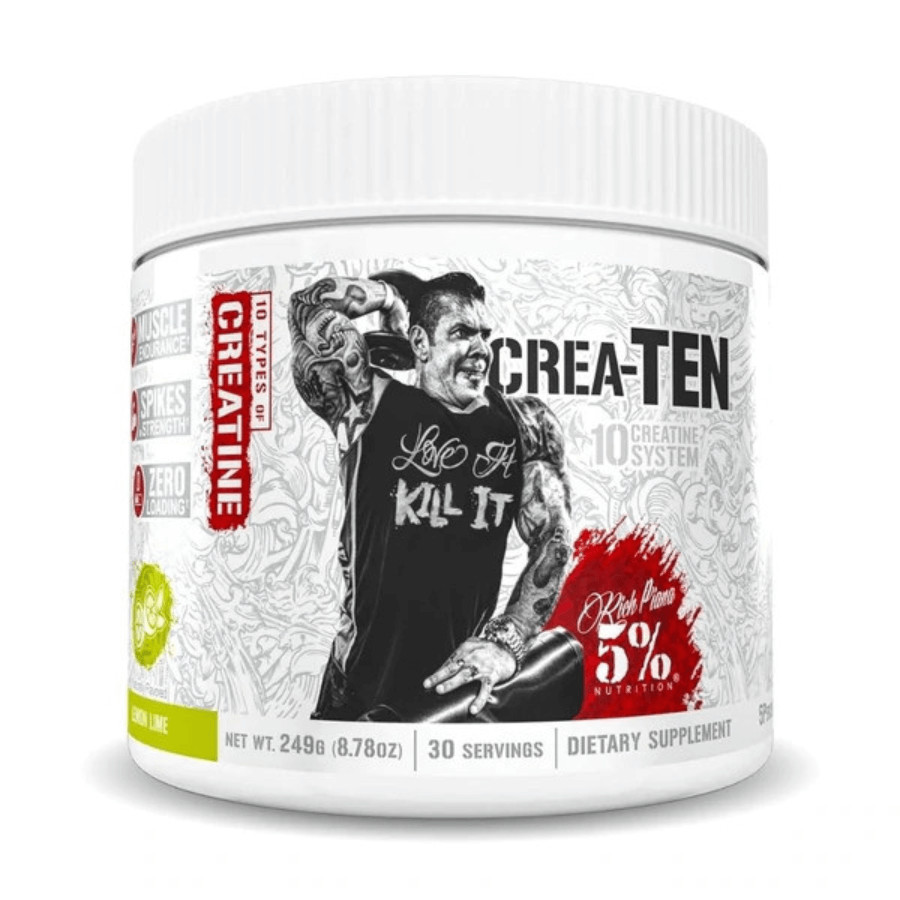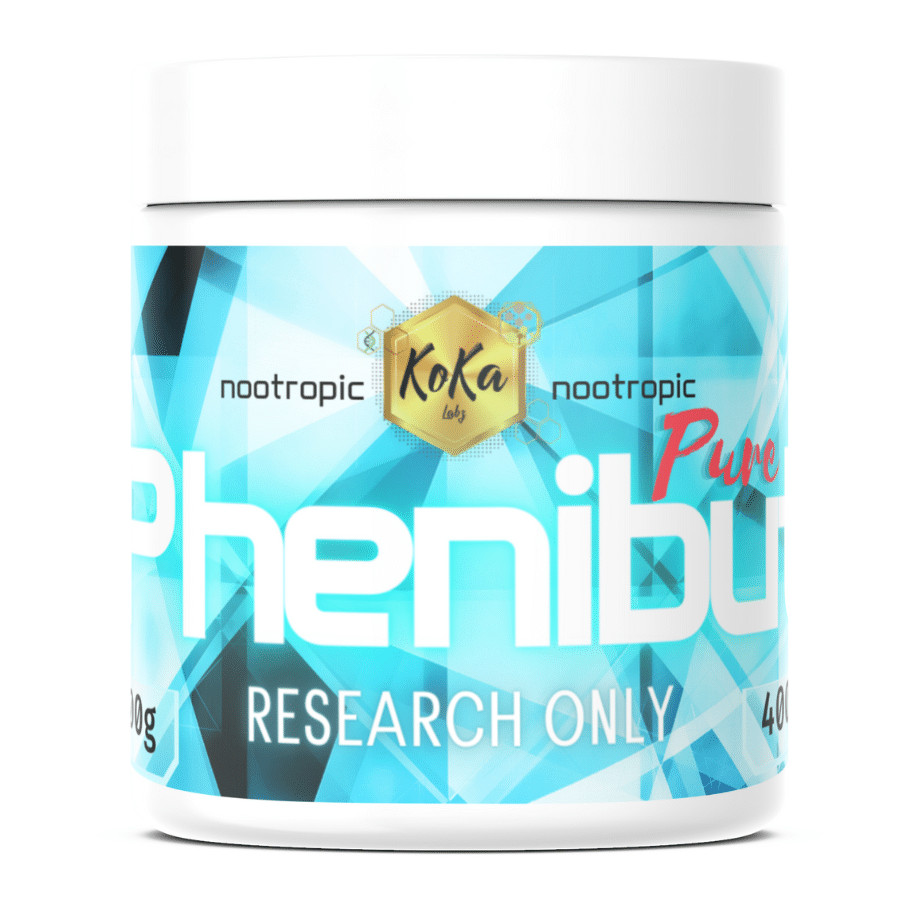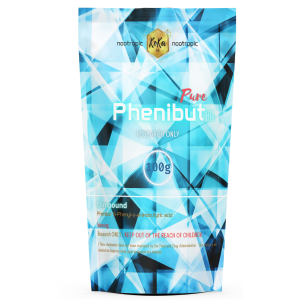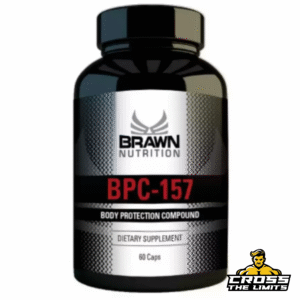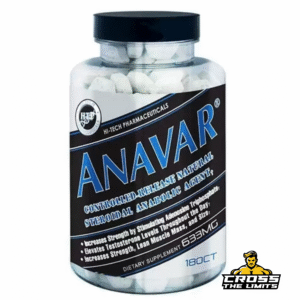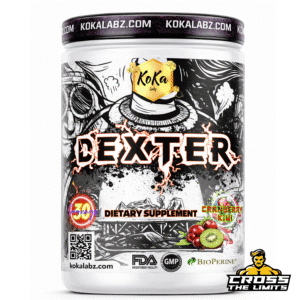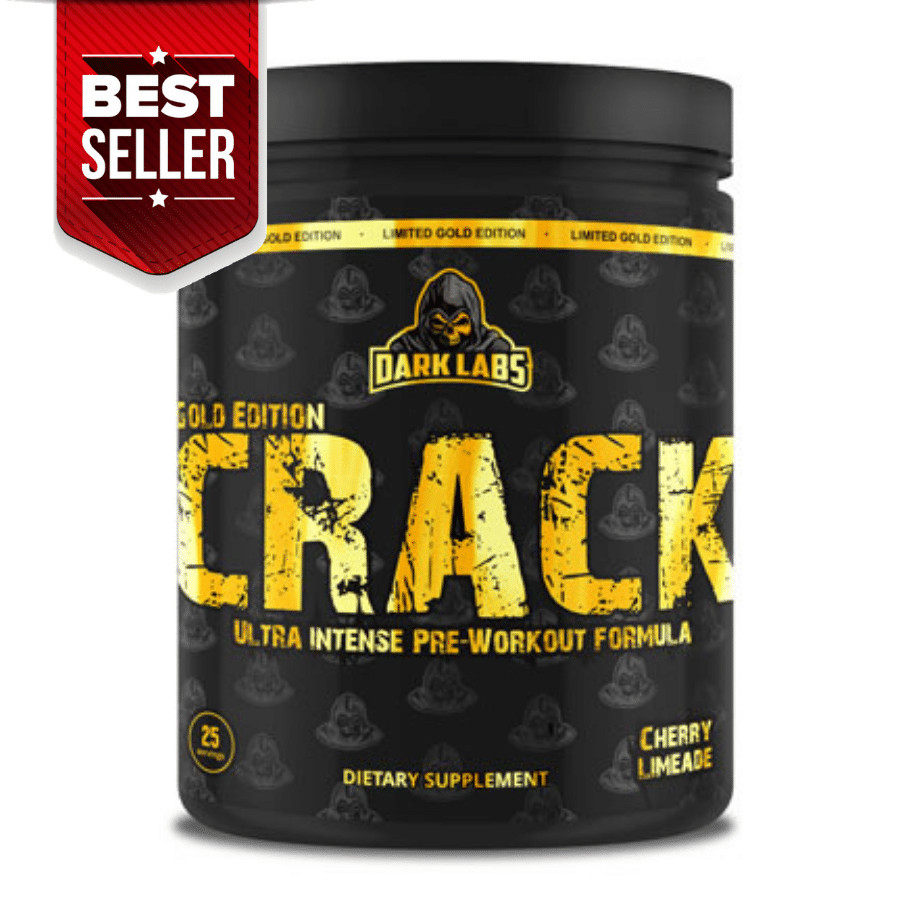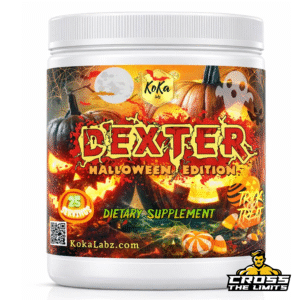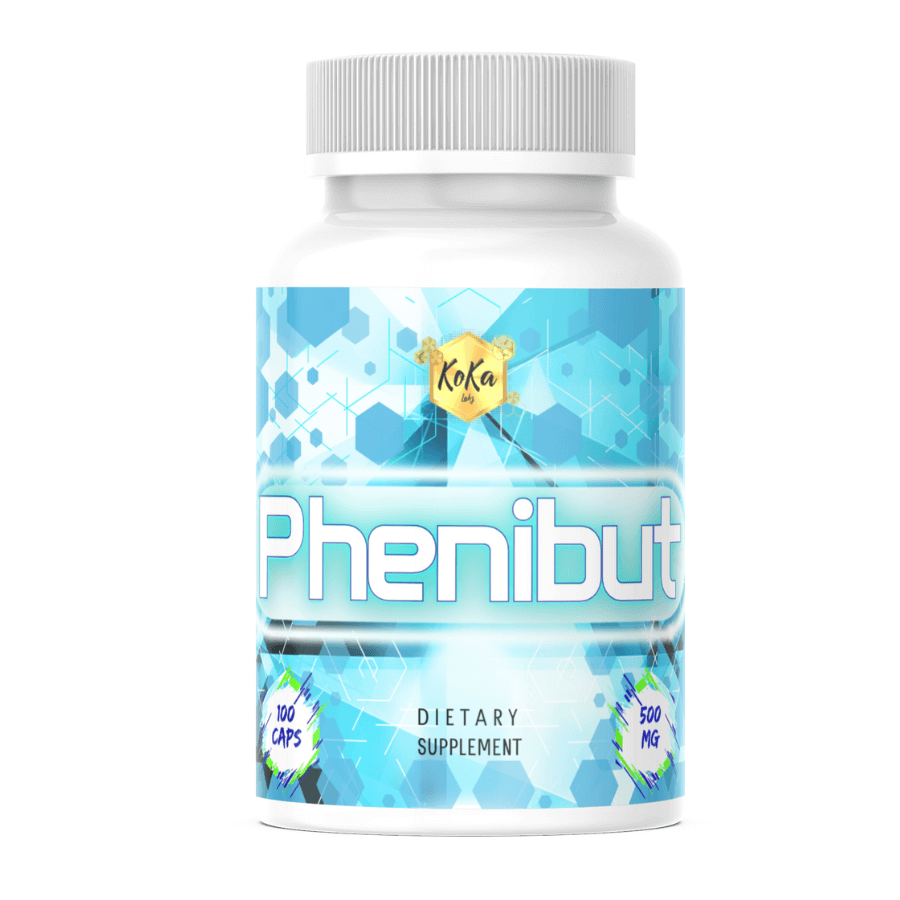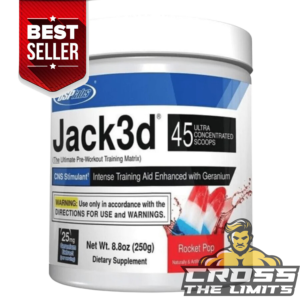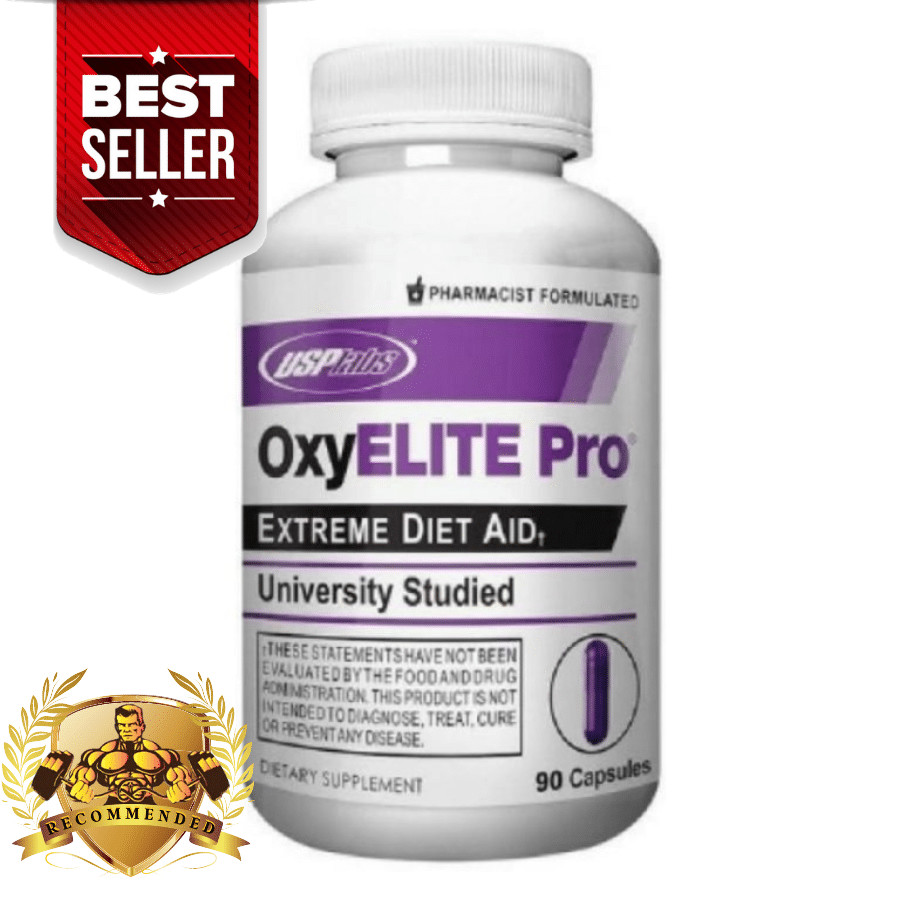Testosterone is a hormone primarily produced in the testicles in men and the ovaries in women, although it is also produced in small amounts by the adrenal glands. It is often referred to as the “male hormone” because it plays a vital role in the development of male reproductive tissues and the maintenance of male secondary sexual characteristics. In men, testosterone levels typically peak during adolescence and early adulthood and then gradually decline with age. Testosterone levels are much lower in women than men, but it still plays a vital role in their health and well-being.
Testosterone is responsible for various bodily functions, including developing muscle mass and strength, bone density, and producing red blood cells. It also plays a role in regulating mood, energy levels, and libido. Various factors, including genetics, age, diet, exercise, and overall health, can influence testosterone levels. Low testosterone levels can lead to a range of symptoms, including decreased muscle mass, increased body fat, reduced energy levels, and decreased libido. It can also increase the risk of developing conditions such as osteoporosis and cardiovascular disease.
-
Product no longer in sale
Check our bestsellersProduct no longer in sale
Check our bestsellersTestosterone and Muscle Growth
One of testosterone’s most well-known effects is its ability to promote muscle growth and strength. Testosterone increases protein synthesis in muscle cells, which leads to an increase in muscle mass. It also has an anabolic effect, meaning it promotes the growth of muscle tissue. In addition, testosterone increases growth hormone production, further enhancing muscle growth. Studies have shown that individuals with higher levels of testosterone tend to have greater muscle mass and strength compared to those with lower levels.
In addition to promoting muscle growth, testosterone plays a role in muscle repair and recovery. It has been shown to reduce muscle damage and inflammation following intense exercise, which can help speed up recovery and reduce the risk of injury. This is one reason why athletes and bodybuilders often seek ways to naturally boost their testosterone levels to enhance their performance and recovery.
Testosterone and Fat Loss
In addition to its effects on muscle growth, testosterone plays a role in fat metabolism. Testosterone helps regulate fat distribution in the body, and low testosterone levels have been associated with increased body fat and obesity. Studies have shown that individuals with higher levels of testosterone tend to have lower body fat percentages compared to those with lower levels. This is because testosterone helps to increase metabolic rate and reduce fat storage, particularly in the abdominal region.
-
Core Labs MK-677 30caps
£52.46Furthermore, testosterone has been shown to increase the body’s sensitivity to insulin, which helps regulate blood sugar levels and prevent fat accumulation. It also helps to increase the production of lean muscle mass, which further contributes to a higher metabolic rate and increased fat burning. For these reasons, maintaining healthy testosterone levels is essential for overall body composition and weight management.
Testosterone and Fitness Performance
Testosterone plays a significant role in overall fitness performance. In addition to its effects on muscle growth and fat metabolism, testosterone also influences factors such as strength, endurance, and recovery. Studies have shown that individuals with higher levels of testosterone tend to have greater strength and power compared to those with lower levels. This is because testosterone increases muscle mass and strength, directly contributing to improved weightlifting, sprinting, and jumping performance.
In addition to its effects on strength, testosterone plays a role in endurance and stamina. It has been shown to increase red blood cell production, which helps to improve oxygen delivery to muscles during exercise. This can improve endurance and performance during running, cycling, and swimming. Furthermore, testosterone has been shown to reduce fatigue and improve recovery following intense exercise, which can help athletes train harder and more frequently.
Natural Ways to Boost Testosterone Levels
There are several natural ways to boost testosterone levels in the body. One of the most effective methods is regular exercise, particularly resistance training, such as weightlifting and bodyweight exercises. Studies have shown that high-intensity resistance training can significantly increase testosterone levels in both men and women. In addition to exercise, maintaining a healthy diet that includes plenty of protein, healthy fats, and micronutrients such as zinc and vitamin D can also help to support healthy testosterone levels.
Getting enough sleep is also essential for maintaining healthy testosterone levels. Studies have shown that sleep deprivation can decrease testosterone production, so getting 7-9 hours of quality sleep each night is essential for overall hormonal health. Managing stress levels is also vital for maintaining healthy testosterone levels, as chronic stress can increase cortisol production, negatively impacting testosterone production.
-
Product no longer in sale
Check our bestsellersProduct no longer in sale
Check our bestsellersProduct no longer in sale
Check our bestsellersIHS Crea Plus 500g
£20.26The Impact of Testosterone on Recovery and Injury Prevention
Testosterone plays a significant role in recovery and injury prevention. Studies have shown that individuals with higher levels of testosterone tend to experience faster recovery times following intense exercise compared to those with lower levels. This is because testosterone helps to reduce muscle damage and inflammation, which can help athletes recover more quickly between training sessions.
In addition to its effects on recovery, testosterone also plays a role in injury prevention. It has been shown to increase bone density and strength, which can help reduce the risk of fractures and other bone-related injuries. Furthermore, testosterone helps to maintain healthy connective tissues such as tendons and ligaments, which can help to prevent injuries such as strains and sprains.
Understanding Testosterone Replacement Therapy for Fitness
For individuals with clinically low testosterone levels, testosterone replacement therapy (TRT) may be recommended by a healthcare professional. TRT involves the administration of synthetic testosterone either through injections, patches, gels, or pellets to bring hormone levels back into a healthy range. TRT can help to alleviate symptoms associated with low testosterone, such as decreased muscle mass, increased body fat, reduced energy levels, and decreased libido.
Individuals considering TRT for fitness should consult a healthcare professional before beginning treatment. TRT should only be used under the guidance of a qualified healthcare provider who can monitor hormone levels and adjust treatment as needed. While TRT can be effective in improving fitness performance in individuals with low testosterone levels, it is not without potential risks and side effects. It is essential for individuals considering TRT to weigh the potential benefits against the potential risks before beginning treatment.
In conclusion, testosterone plays a crucial role in muscle growth, fat metabolism, fitness performance, recovery, and injury prevention. Maintaining healthy testosterone levels through natural methods such as regular exercise, a healthy diet, adequate sleep, and stress management is essential for overall health and well-being. For individuals with clinically low testosterone levels, TRT may be recommended by a healthcare professional as a way to alleviate symptoms associated with low testosterone. However, it is essential for individuals considering TRT for fitness purposes to carefully weigh the potential benefits against the potential risks before beginning treatment.
About the author
Cross The Limits
Cross The Limits is a passionate advocate for health, fitness, and well-being. Since 2018, we have been providing top-quality dietary supplements and vitamins across the UK. Based in Suffolk, our team is committed to helping you achieve your fitness goals with trusted products, expert advice, and unwavering support. Through our blog, we share valuable tips, insights, and the latest trends to inspire and guide you on your health and fitness journey.
Check other posts

What pre-workout supplements can you take every…
February 17th, 2026
Read more
Where to buy the strongest fat burner…
February 10th, 2026
Read more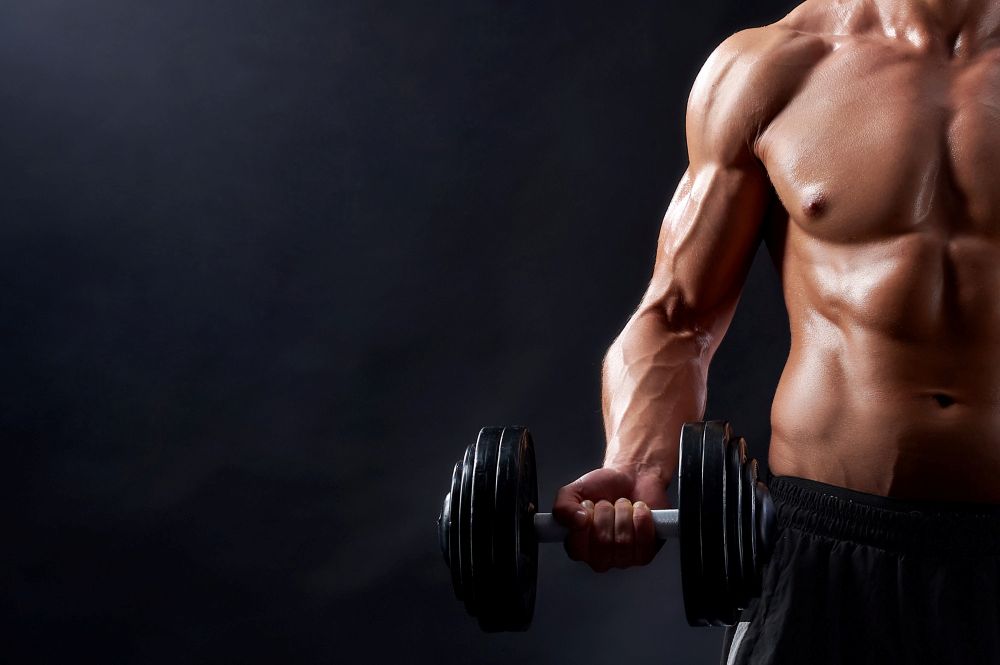
How to choose the best muscle-building supplements.…
January 30th, 2026
Read moreRelated products
-
KK labz B-aba-Pheni 200g
£88.86KK Labz B-aba-Pheni 100g
£46.22Rated 5.00 out of 5Rated 4.89 out of 5Rated 4.33 out of 5Rated 5.00 out of 5
